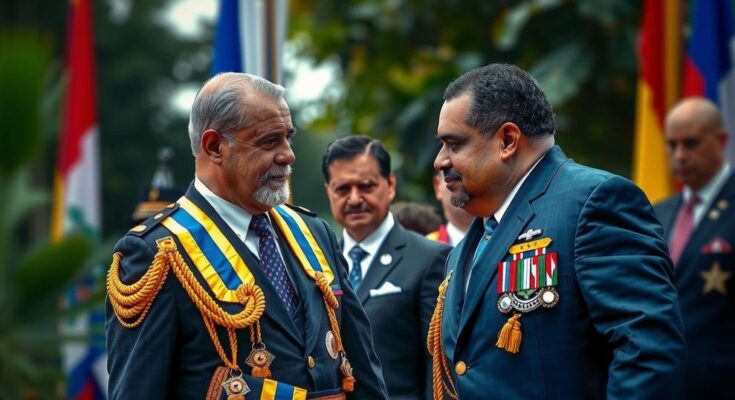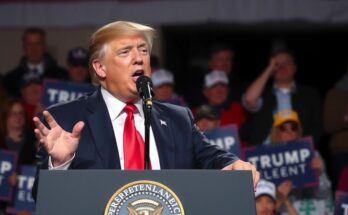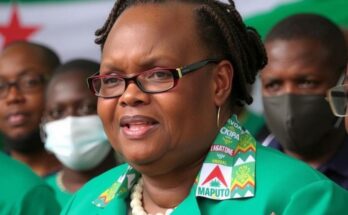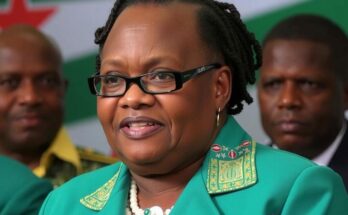Costa Rica awarded El Salvador President Nayib Bukele its highest diplomatic honor for successful efforts in reducing violence amidst a two-year campaign against gangs. President Chaves praised Bukele’s achievements while noting Costa Rica’s own struggles with high homicide rates. Bukele’s controversial policies have granted him significant popularity, prompting discussions about security, civil rights, and regional stability.
San Jose, Costa Rica – On Monday, Costa Rica honored El Salvador President Nayib Bukele with its highest diplomatic accolade, recognizing his significant achievements in reducing violence through a comprehensive campaign against entrenched street gangs over the past two years. President Rodrigo Chaves highlighted Bukele’s strides in security, particularly as Costa Rica grapples with alarmingly high homicide rates, exacerbated by drug trafficking issues. Despite the controversial nature of Bukele’s methods, which include suspending certain constitutional rights to empower security forces, his approach has garnered overwhelming support in El Salvador, leading to his unprecedented second term earlier this year. Chaves, however, contrasts Bukele’s majority support in congress with his own lack of legislative control, pointing out the challenges he faces in pursuing similar reforms. Costa Rica, previously lauded for its peace and ecotourism appeal, has seen a surge in violence, reaching a homicide record of 906 in the previous year. This alarming statistic reflects the detrimental impact of drug trafficking as the nation increasingly serves as a conduit for cocaine. In acknowledging Bukele’s efforts, Chaves remarked on the broader implications of combating organized crime throughout Central America, indicating that action in one nation positively influences regional stability. Furthermore, Bukele defended his controversial policies by emphasizing the fundamental right to life, asserting that ensuring security from criminal elements is paramount before safeguarding other civil liberties. As the two leaders prepared for a joint visit to a major prison facility, discussions centered around collaborative efforts to address the ongoing violence affecting both nations.
The article centers around a significant diplomatic event where Costa Rican President Rodrigo Chaves awarded El Salvador’s President Nayib Bukele the National Order of Juan Mora Fernández, the highest honor bestowed by Costa Rica. This event underscores the ongoing challenges both countries face concerning violence and security, particularly linked to drug trafficking. It also highlights the controversial nature of Bukele’s measures to combat gang violence and the differing political landscapes of El Salvador and Costa Rica, emphasizing the implications of crime in Central America and the evolving discourse on democracy and security in the region.
In conclusion, Costa Rica’s recognition of President Nayib Bukele reflects a complex interplay between security measures and democratic values, particularly in regions plagued by gang violence. While Bukele’s aggressive crackdown on crime has drawn public approval in El Salvador, it raises questions about the balance between civil liberties and the necessity of ensuring public safety. President Chaves’s challenges in addressing rising violence in Costa Rica further illustrate the regional security dilemmas that demand immediate and effective solutions.
Original Source: abcnews.go.com




